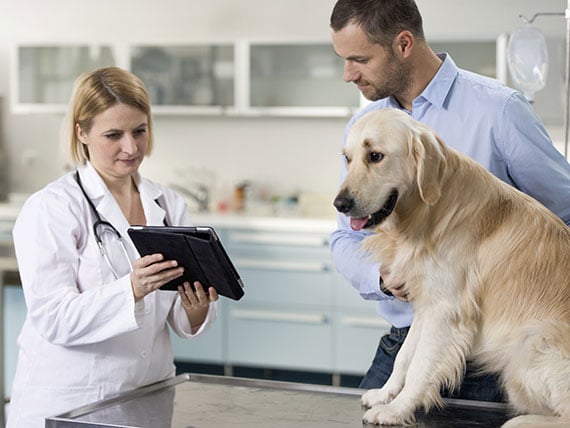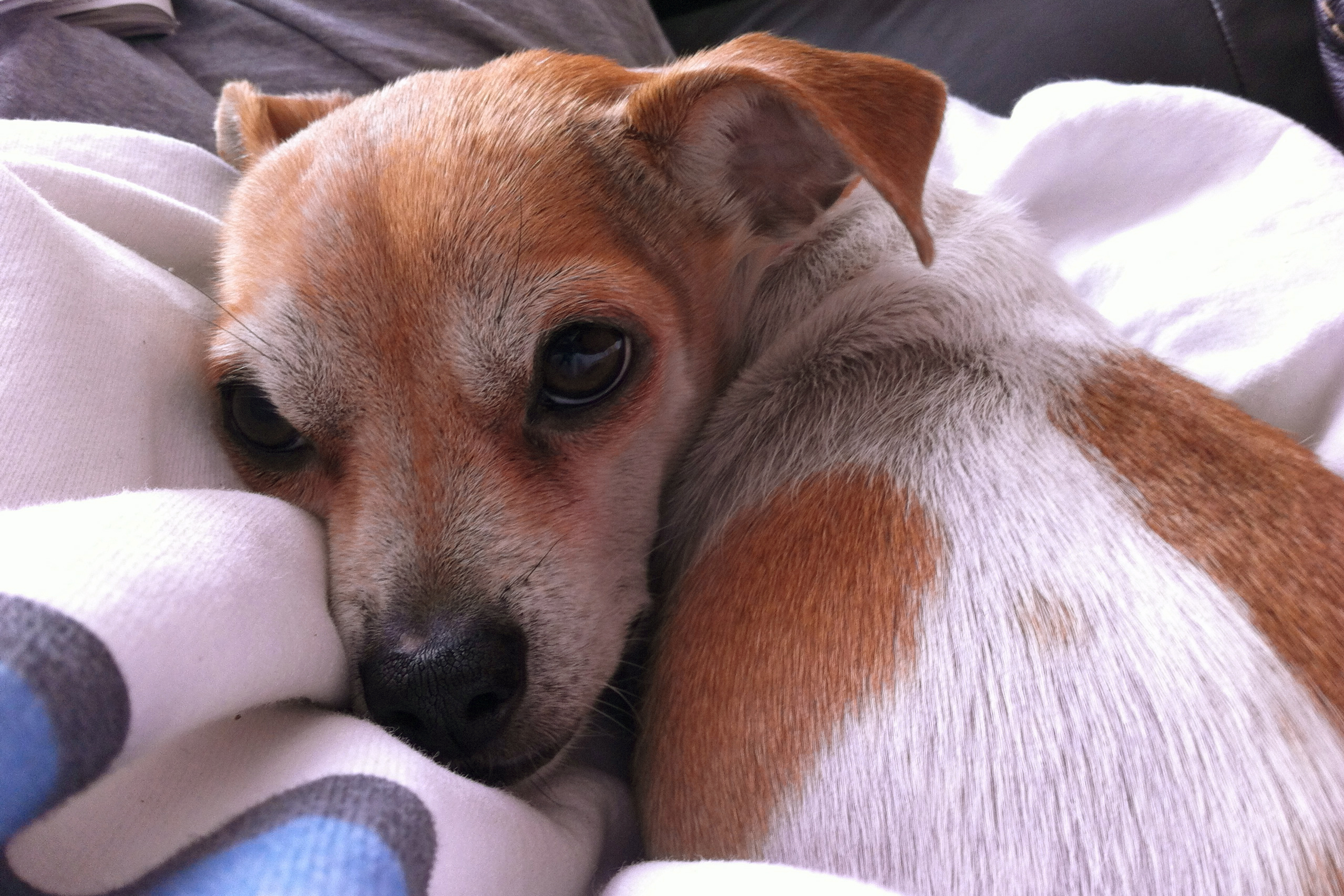
Your skin changes may last for a few months but could last longer depending on your treatment. Only use after approval from your veterinarian as there are certain conditions in which this can be harmful including respiratory disease severe kidney disease hypothyroidism and Addisions.

Death is usually due to bleeding and infection.
How long will my dog live after chemotherapy. Their dog was also sick at the time of diagnosis further reducing their interest in pursuing aggressive treatment. In each instance above despite the identical diagnosis the survival times are vastly different1 day versus 20 months. These examples demonstrate several key points.
For example if 80 of dogs may be expected to enter remission a first time as a result of a certain chemotherapy protocol second remissions may only happen for 50 of those dogs and a 3rd remission may only be possible for 10 to 20 of those dogs. Additionally while first remissions may last on average 10 to 12 months or more statistics show that 2nd remissions often last for a shorter period of time 4 to 6 months. I think this article should have highlighted the anticipated lifespan for dogs that undergo chemo as what I have experienced myself and seen elsewhere in print that dogs with cancer and then chemo typically live up to 10 to 12 months longer with a significant share not extending their lives at all.
A recent study suggests that with effective local control surgery 70 of dogs with grade III MCT were alive 1 year after treatment. In another study dogs with grade III MCT treated with prednisone and vinblastine had a median survival time 1300 days. Its important to note also that approximately 10-40 of dogs develop additional cutaneous MCT in their lifetimes.
We hope that your dog or cat will feel well throughout the time that heshe is receiving chemotherapy or perhaps have one day after the treatment when they are just a little off-colour loss of appetite slight nausea but no more. Unfortunately however each patient responds differently so we have to adjust the dosage of treatment to give the best chance of the cancer responding to therapy whilst at the same. Side effects for dogs are milder and generally last for a shorter period of time than for humans receiving chemotherapy because dogs are given less-aggressive treatment Intile said.
In fact 75 to 80 percent of dogs have no side effects she said. When present typical side effects include loss of appetite vomiting and diarrhea. Only use after approval from your veterinarian as there are certain conditions in which this can be harmful including respiratory disease severe kidney disease hypothyroidism and Addisions.
The dog dose is 02 mgpound by mouth every 8 to 12 hours. It typically comes a 2 mg capsules and liquid 02 mgml. So a 45 lb dogs should receive approximately a 2 mg tablet every 8 to 12 hours.
Thanks for starting this blog i have head and neck cancer i had 6 weeks radiation 4 months cemo last treatment was july 2011 total weight loss was about 65 lbs since july i have gained back about 20 lbs. I have worked my way back up to walking my dog about 5miles per day i just turned 47 yrs. Im still weak i have trouble with taste but at least i can eat most foods i get very irritable and.
Skin changes are some of the most common issues you may encounter in life after chemo and why many cancer patients seek out skin care products. Your skin changes may last for a few months but could last longer depending on your treatment. Fortunately many can be easily detected and eventually mitigated.
A childhood friend who is now a vet tried to provide hope by urging us to do the full chemo protocol ASAP That could send Jack into remission for usually 9 to 12 months. For dogs with lymphoma chemotherapy has a significant and positive effect on not only how long a dog lives but how well they live. Lets look at some numbers.
Typically a dog with lymphoma lives only one 1 month without treatment. The median survival time with a multi-agent chemotherapy protocol is 13 to 14 months. Chemotherapy after surgery is an option and may help to extend your dogs life by another few.
Death is usually due to bleeding and infection. Without treatment dogs with lymphoid tumors have a life expectancy averaging ten weeks but a few live for six to twelve months. Survival with the intestinal form averages only eight weeks.
The life expectancy of a dog with an aggressive tumor that has spread to other parts of the body mediatized is roughly 4 to 6 months. Assuming the mast cell is in a place where it can be completely removed through surgery including a wide margin to account for cancer cells not seen there is a 90 100 chance the tumor will not recur. Chemotherapy is thought to not work adequately.
Chondrosarcoma of Limb Prognosis. Long-term survival appears to be related to having no metastasis of the cancer hasnt spread and having the affected limb amputated. In this scenario the addition of radiation isnt necessary and the dog could go on to live a full life.
You will want to. Will Chemotherapy Make My Dog Sick. Protocols For 2004 Gregory K.
Ogilvie DVM DACVIM Internal Medicine Oncology Many dogs experience some form of stomach or intestinal discomfort two to seven days after a chemotherapy treatment. Your veterinarian will prescribe medication to try to prevent or treat the discomfort. Below are listed some steps you can take at home.
Now how long can a dog live with bladder cancer and what does the treatment involve. Clinical signs of bladder cancer in dogs. The signs of bladder cancer in dogs may not always raise too many question marks.
A basic urinary tract infection may have the exact same symptoms blood in the urine painful and frequent urination or incontinence. Most symptoms will improve with antibiotics. How Long Does Chemotherapy for Dogs Take.
The duration of chemotherapy for dogs depends on the type of cancer as well as how much the disease has spread. If your dog has lymphoma standard chemo will usually last 20 to 24 weeks. Once initial treatment is complete your dog will be in remission.
During this time injections will be stalled and you and your vet will wait to see if the cancer.